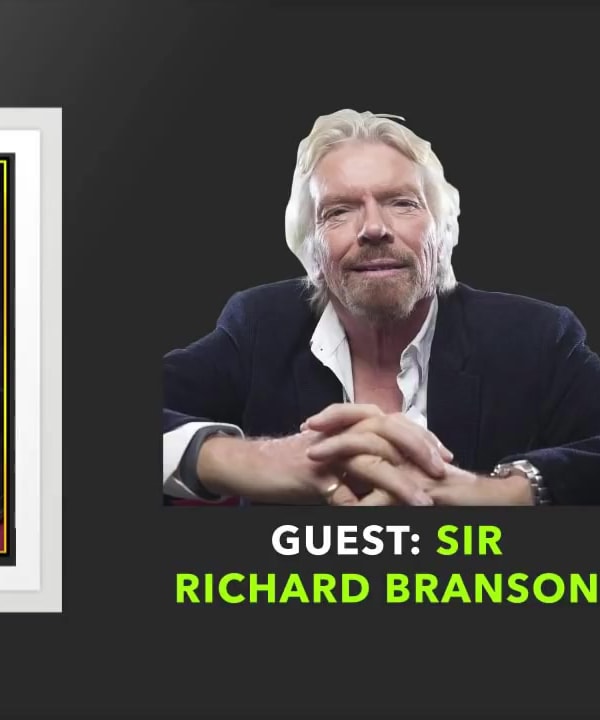Should drugs be regulated?
Sources:
Drugs should be regulated to minimize harm and ensure safety, according to multiple experts.
Stephen Bright proposes a model where drugs are regulated based on their potential harms. For example, accessing heroin would require a prescription from a GP, while MDMA could be sold over the counter but without advertisements. This approach could lead to less use of harmful substances like alcohol and provide safer alternatives 1 .
Chris Daw QC advocates for a licensed and regulated supply network for all drugs, similar to alcohol. He highlights the dangers of the unregulated market, sharing a tragic story of a teenager who died from consuming an excessively pure form of MDMA due to the lack of regulation 2 .
Carl Hart stresses that drugs like cannabis, MDMA, cocaine, and heroin should be available legally but regulated to minimize harm. He suggests that regulating the amount in each unit and restricting the routes of administration can enhance safety 3 .
Sir Richard Branson supports regulating and taxing all drugs with clear warnings, similar to tobacco and alcohol. He argues that this is more effective than the ongoing "war on drugs" which has proven counterproductive 4 .
Tom Wainwright underscores the importance of government regulation to control potentially harmful substances. He suggests a cautious approach to legalization with heavy regulation to avoid mistakes made with alcohol and tobacco 5 .
Neil Woods emphasizes the need for regulating substances like MDMA to ensure safety and reduce harm. He points out the positive communal and therapeutic aspects of such drugs when used responsibly and in safe environments 6 .
Overall, these experts believe that regulation can address safety issues more effectively than prohibition, ensuring informed choices and reducing harm.
RELATED QUESTIONS


